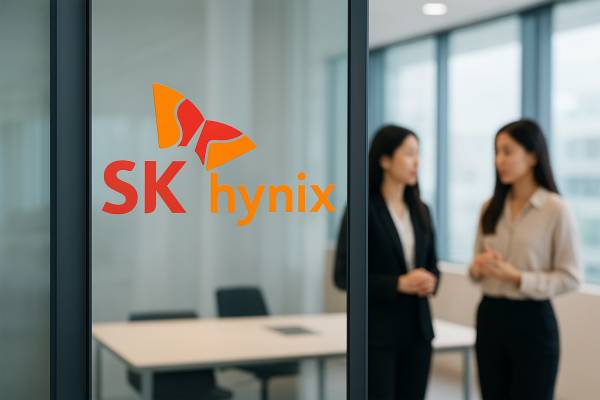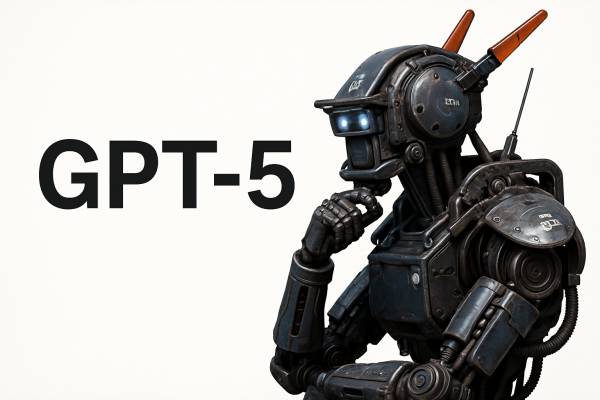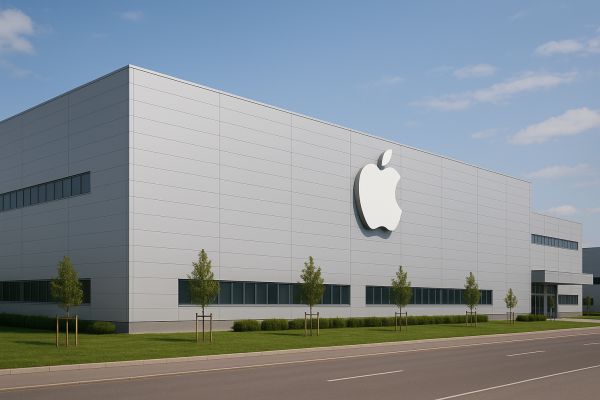A few months after Trump’s election, Europe finally seems to be waking up. It is still uncertain whether this awakening will lead to concrete results, but we are already hearing about some promising initiatives that could, at least in principle, bring positive change. The good news is that these initiatives come not only from the political sphere but also from various business players. Even though the approaches differ, they all share the goal of focusing more on internal consumption.
The EU OS
One of these initiatives comes from the Brussels bureaucracy. It was started by Robert Riemann, who heads the “Digital Transformation” branch of the Department of Technology and Data Protection in Brussels. Riemann is a computer scientist by training and, according to his website, a fan of open source free software. It is not surprising, then, that he proposed creating an open source operating system that is modular enough to allow different European countries and organizations to customize it to their needs while keeping a common core.
His project is still in its early stages, so details are not yet available. The basic idea is not to create an entirely new operating system but to build on the Fedora Linux distribution using a KDE Plasma desktop environment. This idea may change later, as the current goal is to develop a proof of concept. From this, lessons will be learned and the idea can be further developed by involving different sectors.
The underlying philosophy is commendable because it follows the principle of “public money, public code.” In other words, if public funds are used, the code should be open and free of royalties, which promotes innovation and reduces financial burdens.
After several Linux YouTube channels and bloggers discussed the plan, a lively debate began. Many Linux enthusiasts around the world felt that the project was worth considering. Some criticized the use of Fedora as the base software because it comes from the US company Red Hat and does not reflect a European identity. Others suggested using Debian for its stability, even though Debian is also linked to the US. Still, others preferred openSUSE, which is a good choice because it is at least partly European. Interestingly, only few mentioned Linux Mint, which is also European and very user-friendly.
Whatever happens next, the EU OS is a promising and ambitious initiative that could advance Europe’s digital sovereignty. I would welcome a solution that moves public institutions toward open source software, reducing reliance on non-European corporations and increasing transparency.
The EuroStack
Unlike the EU OS, EuroStack is an industrial policy initiative that is not focused on a specific product. Its goal is to create a sovereign European ecosystem by promoting European-made software and technology. The initiative encourages economic players to invest in European products. This will help preserve European entrepreneurship and competitiveness while also preventing brain drain.
Prominent figures behind the idea include Audrey Tang (former Taiwanese Minister of Digital Affairs), Meredith Whittaker (President of Signal), Francesca Bria, Cristina Caffarra, Alexandra Geese, and MEP Kai Zenner. The idea was developed at several conferences, including the Digital Sovereignty Conference at the European Parliament in December 2023 and an event in Brussels in May 2024 that focused on digital innovation for the public interest beyond big tech regulation.
EuroStack is a broad, independent movement that does not represent any lobbying interests. Its members voluntarily share ideas and content to help the European Parliament and the Commission “do the right thing” for Europe. They believe that funding in Europe is hard to obtain, which leads many people to move to the US, where doing business is easier due to a better investment environment and less bureaucracy.
The Anti-Davos
The initiators of EuroStack, especially Cristina Caffarra, have organized an annual conference in Brussels to promote their cause. As a competition lawyer, Caffarra once worked for big companies like Microsoft and Apple but later realized that the power of US and Chinese tech giants was threatening Europe’s economic and digital sovereignty. She believes that current EU regulations (such as the DMA and DSA laws) are not enough, because big companies find clever ways to work around the rules. As a result, the Brussels conferences have become a way to challenge big tech companies and promote Europe’s technological independence. They have earned the nickname “Anti-Davos,” serving as a counterpoint to the World Economic Forum in Davos, where these large companies meet every year.
The Anti-Davos conference brings together entrepreneurs, academics, and politicians to promote the regulation of big business and encourage investments to flow into European industry. Their slogan is “Buy European.”
The group understands that China and the US are major players, so their current goal is to have at least 30% of central investment go to European technologies. They want both politicians and entrepreneurs to support this effort. They believe it is a good start for European start-ups and businesses to receive more orders, grow stronger, and produce better products. Since Europe is especially vulnerable to large, non-European companies in artificial intelligence and other digital technologies, they are focusing on this sector.
I would like to see Europe become stronger and more competitive in IT. I believe that having a market for European solutions would help, but it is not only about money. I have heard interviews with programmers who left Europe for the US because they faced serious bureaucratic obstacles when trying to start a business, especially in artificial intelligence. I hope that progress will be made in this area in the future.
























